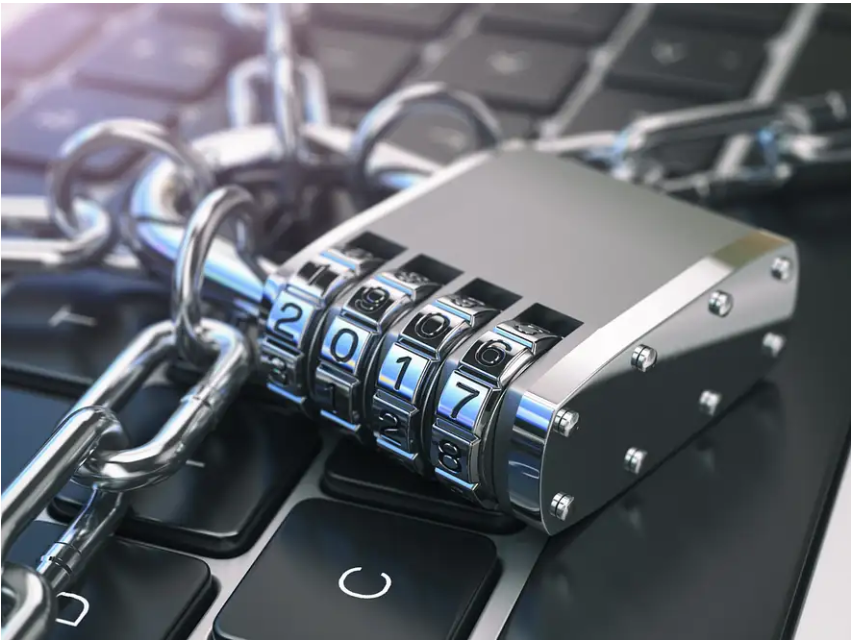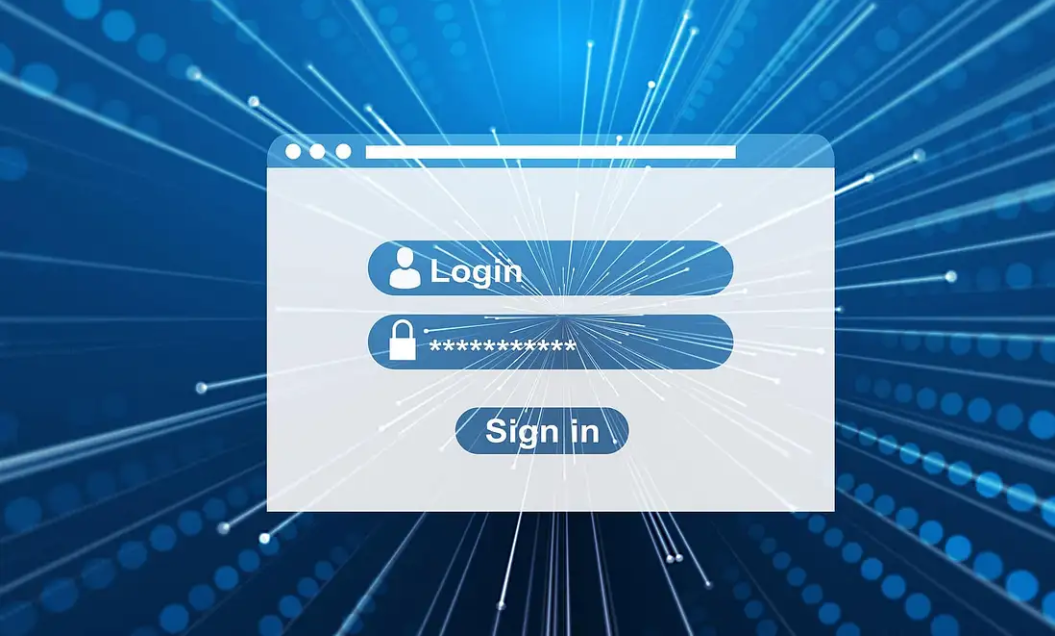If you are like many users, you visit many different sites and have a plethora of passwords between those sites. The idea of creating a strong password consisting of letters, numbers, special characters, symbols, etc., can be quite daunting. Not to mention it is recommended that you have a different password for each site your register an account on. With all of this considered, it is no wonder many become overwhelmed when trying to think of a secure password. I mean, who can remember “J%^dh@udS!@#$”? Because of this, you may have fallen victim to using the same password for most, if not all, of the websites you hold an account on. This is not only a safety hazard, it also spells disasters if one of these websites gets compromised. Or perhaps you use numerous passwords, but they consist of simple words and numbers that relate to your life. These kinds of passwords are easier to guess than you can imagine. Maybe you do have long, complicated passwords, but in an attempt to remember them you have written them down and placed them next to your computers. This is dangerous as well, especially if other use your computer as well! However, with this guide, we hope to guide you down the right path to making safe, secure, and easy to remember passwords! First, to understand what a strong password is, we must understand what makes a password strong. The key features of a strong password are its length, a variety of letters (using both upper and lower case), symbols, and numbers. Make sure you leave all personal information out of your password. However, what is the use of a complicated strong password, if you cannot remember it? Not to worry, we will arm you with advanced password creating techniques that will not only keep your online identity secure! Your first strategy in creating a strong password is to make it easy to remember but hard to guess. Avoid the pitfalls of making your password “password”. This password is laughably weak. A password this simple is easily guessed by both humans and machines and will leave your online identity in shambles. Some of you may be asking, “Who on Earth is using “password” as a password?”. Well you would be surprised to know that it is one of the most commonly used passwords to date. There are also the passwords that use a persons last name and birth date. These kinds of passwords are also easy to crack by those who are close to you. I know your neighbor Bill seems like a nice guy, but maybe he’s too nice. However, perhaps you have been trying to make a strong password and have created “P0W3Rful”. First you must be aware of the length. Length of this password is far to short and the substitutions you have made are easily guessed by both human and machine as well. Now that we are aware of the numerous pitfalls, we can begin to discuss how to create a strong password! Here are a few examples of good passwords: G00D_2H4v3_$$: You could use this one for a bank account (Good to have money). 4sh00Ping_0NAMZ: This could be used for your Amazon account (4 shopping on amazon). Having now thought of a password that is perfect in length and randomness, you have begun your march down the correct path to internet safety. However, you are not safe yet. You must remember to not reuse the password, write them down anywhere, or share them. After spending all that time thinking of a good password, last thing you want is for someone to crack it by seeing it written down next to your computer. Or if you are to get hacked, at least you can rest easy knowing your other accounts are still locked away because you used a different password for each site! The last rule is extremely important but can also be given some slack. If you are to share your password, make sure that you only do so with someone you trust 100%. If you have even a shred of doubt that they do not take internet security as seriously as you, do not share your password with them. Another option for those who have too many accounts, or are too nervous to create their own passwords, is to use a password manager! Password managers like LastPass can generate completely random passwords up too 100 characters in length. All you must do is think of a super secure master password and you are ready to go! Now that you have been armed with the tools to create smarter, safer passwords, go forth and secure your defenses! If you have any questions about cyber security or want a partner that will take your businesses cyber security seriously, consider Hammett Technologies! At Hammett Technologies we put your online security as a top priority. Be with a team you can trust, become a Hammett Technologies Partner today!
If you are like most computer users, you have a small armada of passwords for the plethora of accounts you have. With that many accounts and passwords surely, things will be forgotten and lost. Then you must go through the hassle of continually resetting the password every time this occurs! Now you could opt to use similar passwords for all your accounts, but then you run the risk of not just one but all your accounts being compromised. Or you could use different passwords for every website and always click the “Remember Me” button. Still, again, if some unauthorized user accesses to your machine, they have no issue logging in to all your accounts. I know what you are thinking, “Why don’t I just write them all down?” That is a good idea; however, are you willing to carry that book with you everywhere you go? What if you lose it at the house or lose it when you are out in public? Thankfully, there is help. Password managers enable you to keep track of your passwords and accounts without having to remember them all. The added benefit is that password managers can create extremely complex passwords for your accounts, ranging from 20+ characters, including symbols, numbers, and capital letters! Furthermore, most password managers have an autofill feature, meaning you no longer have to use “Remember Me.” What’s the catch? There is none! The only password you are responsible for is your “Master Password,” so make sure it is incredibly secure! You will use this master password to log yourself into the password manager, granting you access to all your passwords and accounts. One of our personal favorites is LastPass. LastPass flawlessly integrates with most browsers (Chrome, Firefox, Opera, etc.) as a browser extension. But don’t take our word for it, go and give them a try! If you are worried about LastPass getting breached, a legitimate concern to have, worry not. LastPass does not personally store your passwords. While they may be stored on a server LastPass owns, the passwords are encrypted to ensure that even in the event of a data breach, hackers cannot uncover anything that may damage users. If you are worried about password managers, please do not hesitate to reach out to us! We are more than willing to answer any questions you may have to help ease your concerns. I think password managers are great. They allow the user to create extremely complex passwords without the worry of having to keep them written down or stored in one’s memory. They make the day-to-day web browsing much more comfortable and more convenient.


